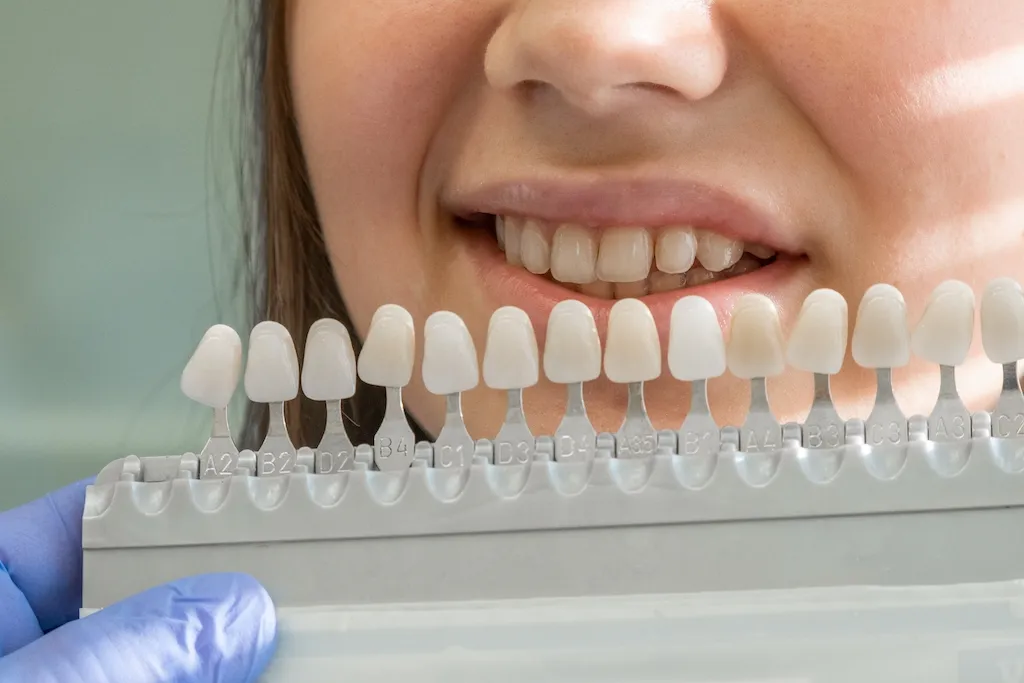Tooth enamel is the tough, outermost layer of your teeth, providing protection and strength. Let’s delve into its significance, composition, and how to safeguard it for optimal oral health.
Definition of Tooth Enamel
Is the hard, mineralized substance that covers the outer layer of your teeth. It acts as a shield, safeguarding against decay and damage from acids and bacteria in the mouth.
Function of Tooth Enamel
The primary function of tooth enamel is to protect the underlying dentin and pulp of the tooth from damage and decay. It also helps maintain the tooth’s structure and shape, enabling you to bite and chew food comfortably.
Composition of Tooth Enamel
Tooth enamel is primarily composed of minerals, including hydroxyapatite, calcium, and phosphate. These minerals give enamel its strength and resilience, making it the hardest substance in the human body.
Regeneration of Enamel
Unlike other tissues in the body, enamel does not contain living cells and cannot regenerate. Therefore, it’s essential to take proactive steps to preserve and protect existing enamel, as once it’s lost, it cannot be replaced naturally.
Causes of Enamel Damage
Enamel damage can occur due to various factors, including:
- Poor oral hygiene practices, such as infrequent brushing and flossing.
- Acidic foods and beverages that erode enamel over time.
- Teeth grinding or clenching, which can wear down enamel.
- Tooth decay and cavities caused by bacteria and plaque buildup.
- Trauma or injury to the teeth.
Signs of Enamel Loss
Common signs of enamel loss include:
- Tooth sensitivity to hot, cold, or sweet foods and drinks.
- Yellowing or discoloration of the teeth.
- Rough or uneven tooth surfaces.
- Visible pits or cracks on the tooth surface.
- Increased risk of tooth decay and cavities.
Protection of Tooth Enamel
To safeguard your tooth enamel, consider the following tips:
- Maintain good oral hygiene by brushing your teeth twice daily with fluoride toothpaste and flossing regularly.
- Limit consumption of acidic foods and beverages, such as citrus fruits, sodas, and fruit juices.
- Use a straw when drinking acidic beverages to minimize contact with teeth.
- Wear a mouthguard if you grind or clench your teeth, especially at night.
- Visit your dentist regularly for check-ups and professional cleanings to monitor enamel health.
In conclusion, tooth enamel plays a vital role in protecting your teeth and ensuring overall oral health. By understanding its function, composition, and potential causes of damage, you can take proactive steps to preserve and maintain your enamel for a lifetime of healthy smiles. Remember to prioritize good oral hygiene practices and seek professional dental care when needed to keep your enamel strong and resilient.
 Emprendedora en Calgary
Emprendedora en Calgary





